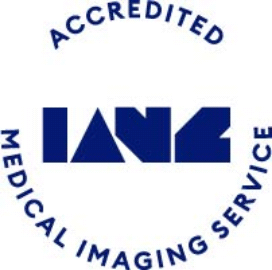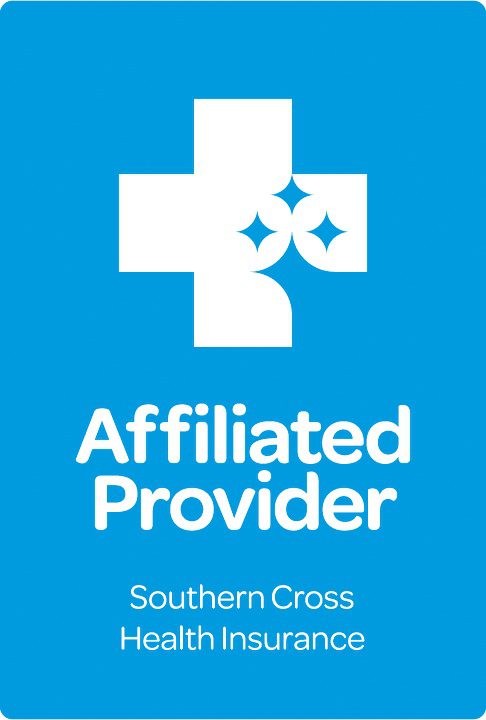Menu
Menu
A positron emission tomography (PET) scan is an imaging test that can help reveal how your tissues and organs are functioning. The PET scan uses very small, safe amounts of radioactive tracers, and is used most frequently to detect and assess disease within the body. The PET images are fused with anatomical CT images and viewed by a radiologist who produces a detailed report. PET-CT is a very safe and routine procedure.
When you make an appointment we will let you know exactly what to expect for your particular scan and if there’s anything you need to do beforehand. For example, you may need to fast beforehand (avoiding any food in the hours prior) or arrive a little early. Unless you’ve been asked not to, you should continue eating and drinking normally and take all your usual medications.
Due to the radioactive tracer used in PET-CT scans, it is important to let us know if you are pregnant or breastfeeding when you make your appointment. We may not be able to perform the CT, but we can discuss the situation directly with your doctor. Please also let us know if you suffer from allergies or if you have diabetes, kidney disease or asthma.
Please remember to bring your completed doctors referral form with you if this has not already been sent to us. This will ensure reception has all the necessary information required so our expert team can provide you with the best care possible.
When you arrive, please check in with reception. We’ll make sure all your details are correct. You will need to fill out one or two forms.
A technologist will take you into a private room to explain the procedure and give you the opportunity to ask any questions. We will ask you to change into a gown and remove all of your jewellery.
18F-PSMA Prostate PET-CT
When having a PET-CT scan for prostate cancer, you will receive an injection of a radioactive tracer called 18F-PSMA. This tracer is taken up by active prostate cancer cells.
After the injection, you will relax quietly for 2 hours while the tracer circulates around your body. You will be encouraged to drink water and can empty your bladder as needed.
The scan will take approximately 30 minutes.
18F-FDG PET-CT Brain
When having a PET-CT scan of the brain, you will receive an injection of a radioactive tracer called 18F-FDG. This is a radioactive sugar that is taken up by cells in the brain.
The tracer is injected into a vein in your arm with you lying on the scanner and takes around 45 minutes. Scans are taken for the first few minutes, then after 30 minutes. You will be resting quietly on the scanner bed in between scans.
18F-FDG PET-CT Whole Body
When having a PET-CT scan, you will receive an injection of a radioactive tracer called 18F-FDG. This is a radioactive sugar that is taken up in active tissues including many types of cancer.
After this injection you will need to rest quietly for 60-90 minutes, while the radioactive sugar circulates around your body. As sugar naturally goes to muscles that are moving, to prevent these muscles from taking up the radioactive sugar and obscuring normal areas, you will need to lie quietly during the rest period.
18F-FET PET-CT
This scan takes around 40 minutes. You will be lying on the scanner bed and the radioactive tracer is injected into a vein on your arm. You will be made comfortable and asked to keep still for the duration of the scan.
18F-NaF PET-CT
A 18F-NaF PET-CT bone scan involves an injection of a radioactive tracer via a vein in your arm. After the injection you will be asked to rest for approximately 60 minutes to allow the tracer to be absorbed by your bones.
The scan takes 10-45 minutes, depending on the part of the body being imaged. During the scan you may need an intravenous injection of x-ray contrast, which a technologist will discuss with you.
When having a PET-CT scan, you should allow 1.5-3 hours depending on the type of scan.
As with conventional CT, you may be required to have an injection of x-ray contrast. If your scan needs contrast, you’ll be given this as a liquid to drink or as an IV injection.
If you’ve been given an iodinated contrast injection, you may notice a strange metallic taste in your mouth and a warm sensation through your body. Because this warm feeling concentrates in your groin and buttocks, it may feel like you’ve wet yourself. Rest assured, this isn’t the case, and the sensation will subside in a few minutes.
You will need to stay and rest for a while. Once home, it is recommended that you should not be close to small children or pregnant women for four hours following your injection. This is because you will still have some radioactivity from the tracer in your body.
If you do need mild sedation for the PET-CT scan, this will be given at the time of the examination. It is essential to have someone to drive you home. You will not be able to operate machinery or drive a car for 12 hours following sedation.
The results of your PET-CT scan should be with your referring doctor around two working days after a detailed report has been written. In urgent cases, results are made available as soon as possible.
Your doctor will discuss the important findings and next steps with you.
PET-CT is very safe, but may not be appropriate for people who are pregnant. The benefit versus risk should be discussed with the specialist PET Radiologist.
Women who are breastfeeding and people who are caring for small children may need to make special preparations after the test to stop breastfeeding for a short time and to avoid close contact with young children due to the small amount of radioactivity released for a while after the test.
Some medications can interfere with the interpretation of the PET-CT scan of the brain. Our specialist PET Radiologists are happy to discuss this with you on a case by case basis.
Very obese people may not fit into the opening of a PET-CT scanner.
If you think you might get claustrophobic please let us know. You may need a calming medication (a sedative) from your doctor.




© Copyright Auckland Radiology Services Group Ltd. All rights reserved.